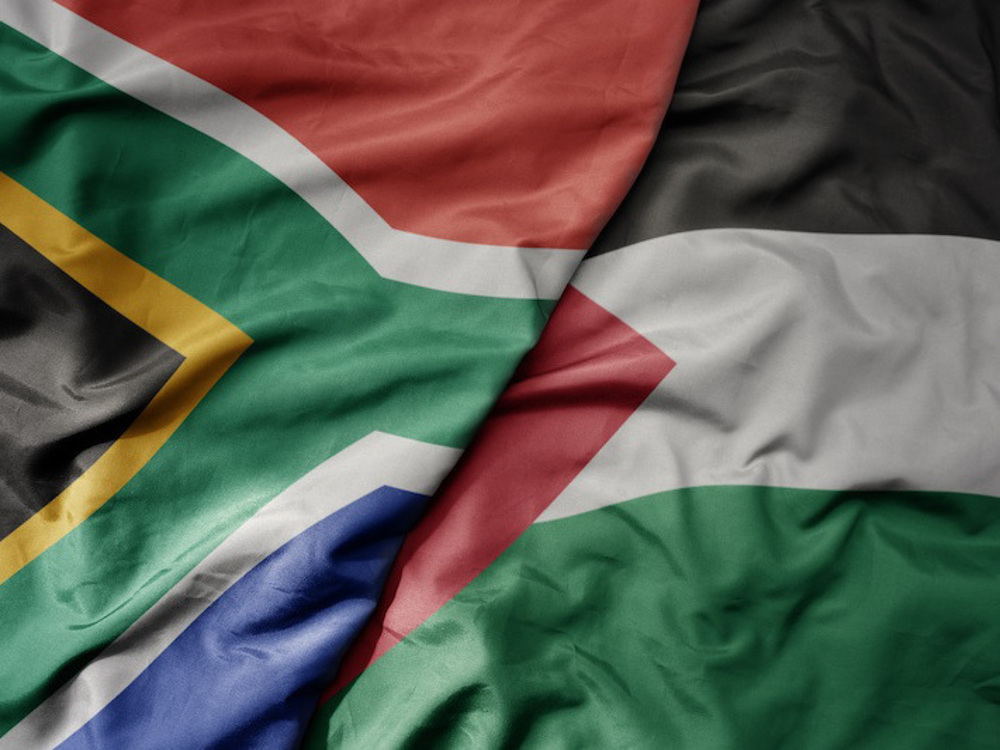South Sudan stands on brink of abyss, warns UN chief
UN Secretary General Ban Ki-moon has expressed serious concerns about the ongoing violence in South Sudan, saying the African country stands “on the brink of an abyss.”
Addressing a UN Security Council session on Thursday, Ban said “the promises of the new state for peace, justice and opportunity have been squandered” in South Sudan.
Ban also said he was “appalled by the scale of sexual violence” after UN rights officials reported at least 120 cases of rape across the capital, Juba, over the past three weeks.
The UN chief also called on the warring parties to abide by their commitments under the peace accord they signed last year, adding, “We demand accountability for all atrocities, and that leaders of South Sudan commit to the peace process.”
Ban had earlier called for an immediate arms embargo against South Sudan in response to renewed fighting between government troops and rebel forces.
He also said that the UN Mission in South Sudan (UNMISS) should be strengthened with attack helicopters.
The world body has a 13,500-strong force in the country, but the UN peacekeepers have faced criticism for failing to fully protect civilians during the fighting.

Nearly 300 people have died since July 8, when fighting erupted between troops loyal to President Salva Kiir and his rival and Vice President Riek Machar, raising fears of a return to a full-blown conflict after a two-year lull.
Earlier this week, Kiir replaced Machar with a former peace negotiator, General Taban Deng Gai, in a move that could escalate the violence gripping South Sudan.
Machar, a former rebel leader, was sworn in as first vice president in April, eight months after the peace agreement was signed between the government and rebels loyal to him.
However, he left Juba with his troops earlier this month after fresh fighting erupted between his loyalists and government forces. Machar said he would only return if an international peacekeeping force guarantees his safety.
Thousands of people have been killed and more than three million forced to flee their homes in the war that started in December 2013, when Kiir sacked Machar only two years after the country seceded from Sudan.
Despite the August 2015 peace deal, battles persist across the country. There are numerous militia forces that do not abide by peace agreements and are driven by local agendas.
Yemen faces ‘highest burden’ of cholera globally: WHO
Settlement expansion proves Israel cannot be trusted for any peace deal: Hamas
VIDEO | Press TV's news headlines
Trump 2.0 and its possible implications on Ukraine war, NATO and Europe
Israeli commander exposed troops to resistance fire to steal plasma screens
Iran lifts ban on WhatsApp, Google Play
VIDEO | Palestinian childhood under threat
Yemeni forces strike Israeli military site with hypersonic missile















 This makes it easy to access the Press TV website
This makes it easy to access the Press TV website